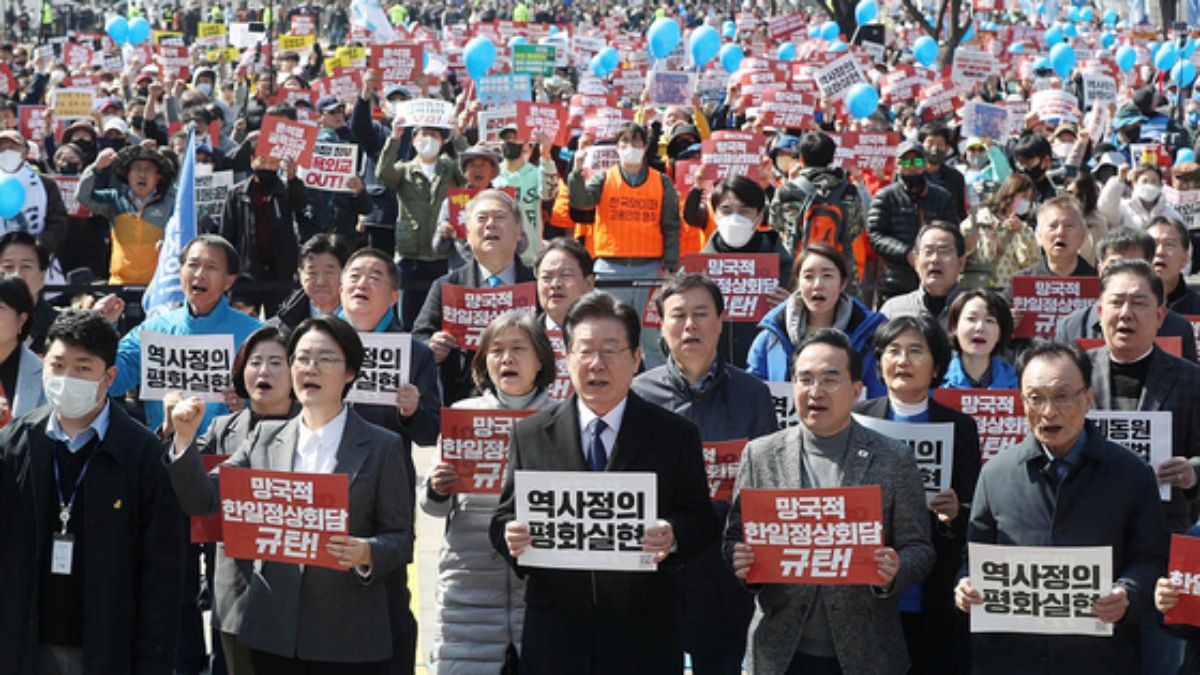The opposition-controlled parliament has passed a bill authorizing $180 cash handouts to citizens, a measure aimed at providing immediate financial relief amid ongoing economic challenges. The bill, which faced strong resistance from the ruling party, was approved in a late-night session on Tuesday, reflecting deep political divisions over the best approach to economic recovery.
The cash handout is intended to support households struggling with the rising cost of living and the economic fallout from recent global events. Proponents of the bill argue that direct financial assistance is necessary to stimulate consumer spending and boost the economy. “This cash handout will provide much-needed relief to millions of families who are facing financial difficulties,” said opposition leader Maria Fernandez.
The ruling party, however, criticized the bill as a populist measure that could exacerbate the national deficit. Finance Minister Juan Delgado voiced concerns over the long-term implications of the handouts. “While immediate relief is important, we must consider the fiscal health of our nation. This bill could lead to increased borrowing and higher taxes in the future,” Delgado warned.
Despite these concerns, the bill received overwhelming support from the opposition and independent lawmakers, securing the necessary majority for passage. The measure will see each eligible citizen receive a one-time payment of $180, with the distribution expected to begin within the next few weeks.
Public reaction has been mixed, with some citizens welcoming the financial assistance and others expressing skepticism about its efficacy. Economists are also divided on the potential impact of the cash handouts. Some believe that the infusion of cash will help to revitalize the economy by increasing consumer spending, while others caution that it could lead to inflationary pressures.

